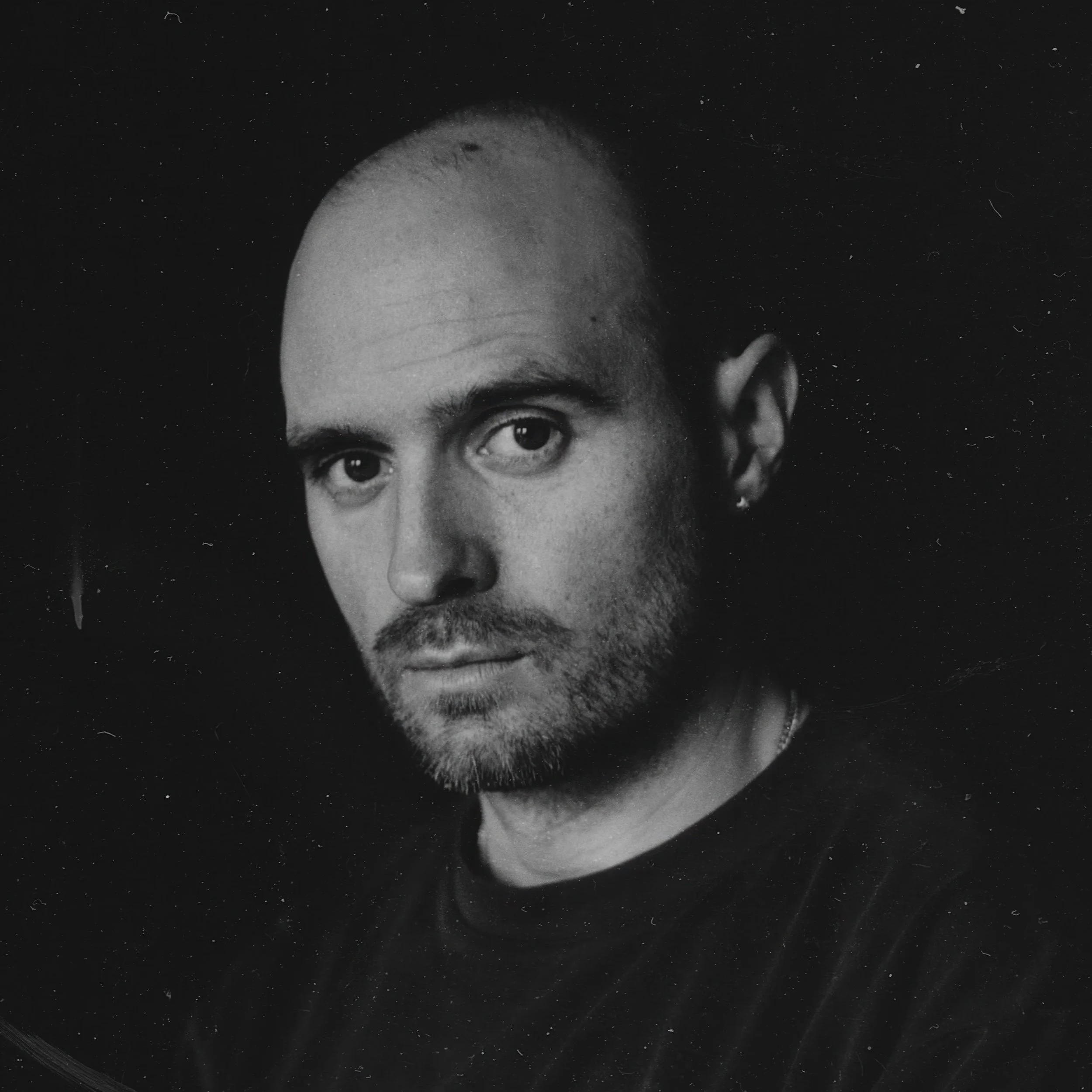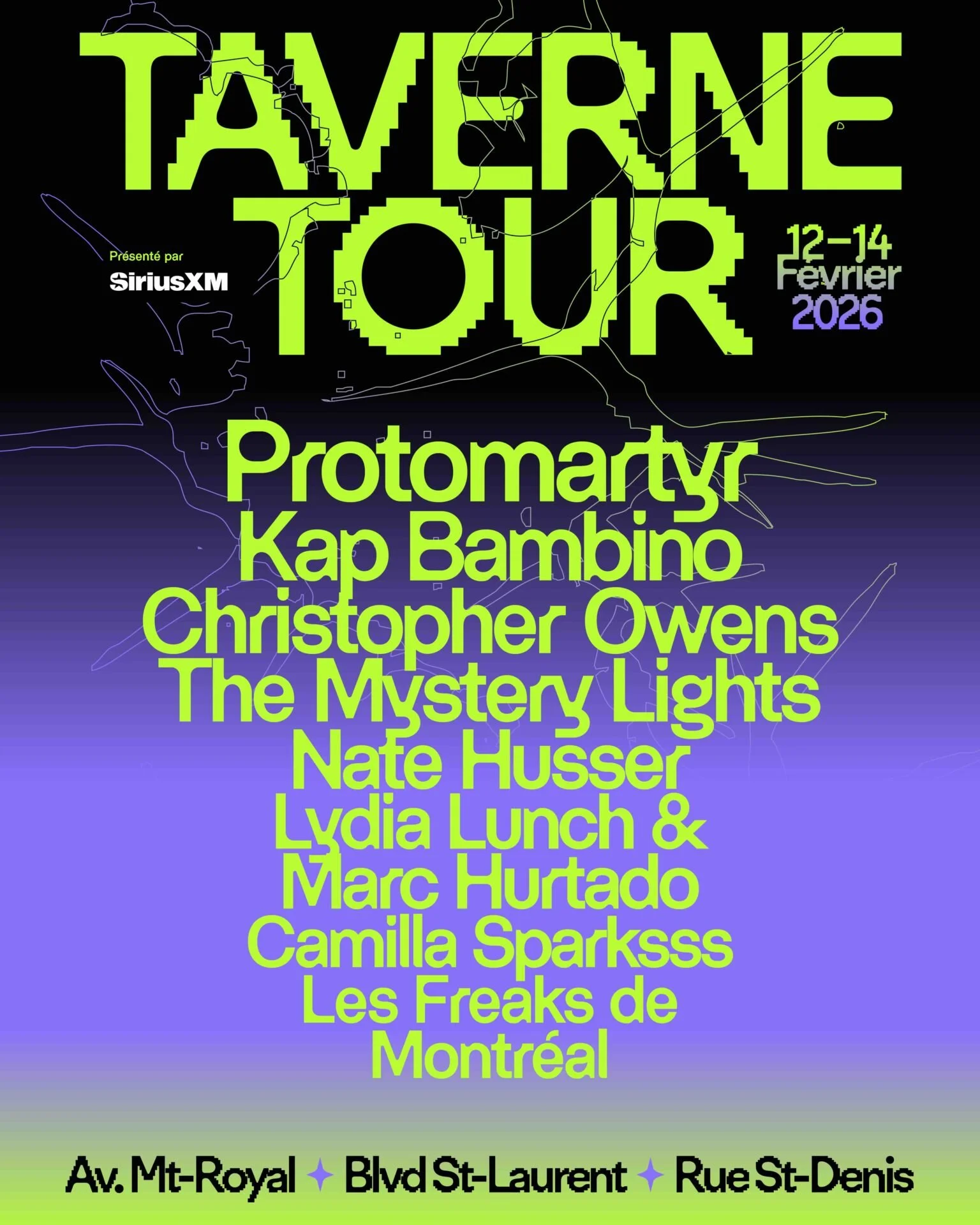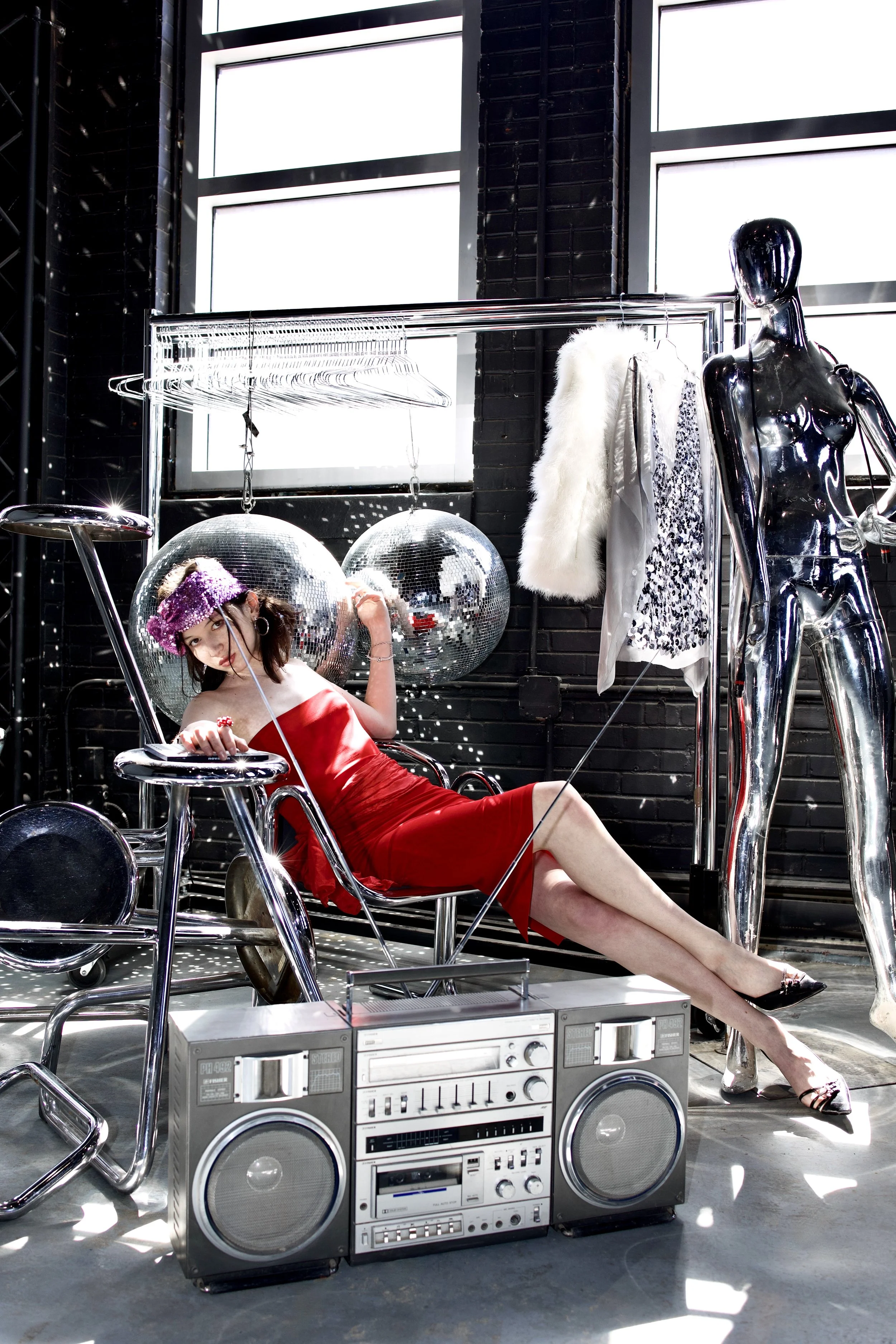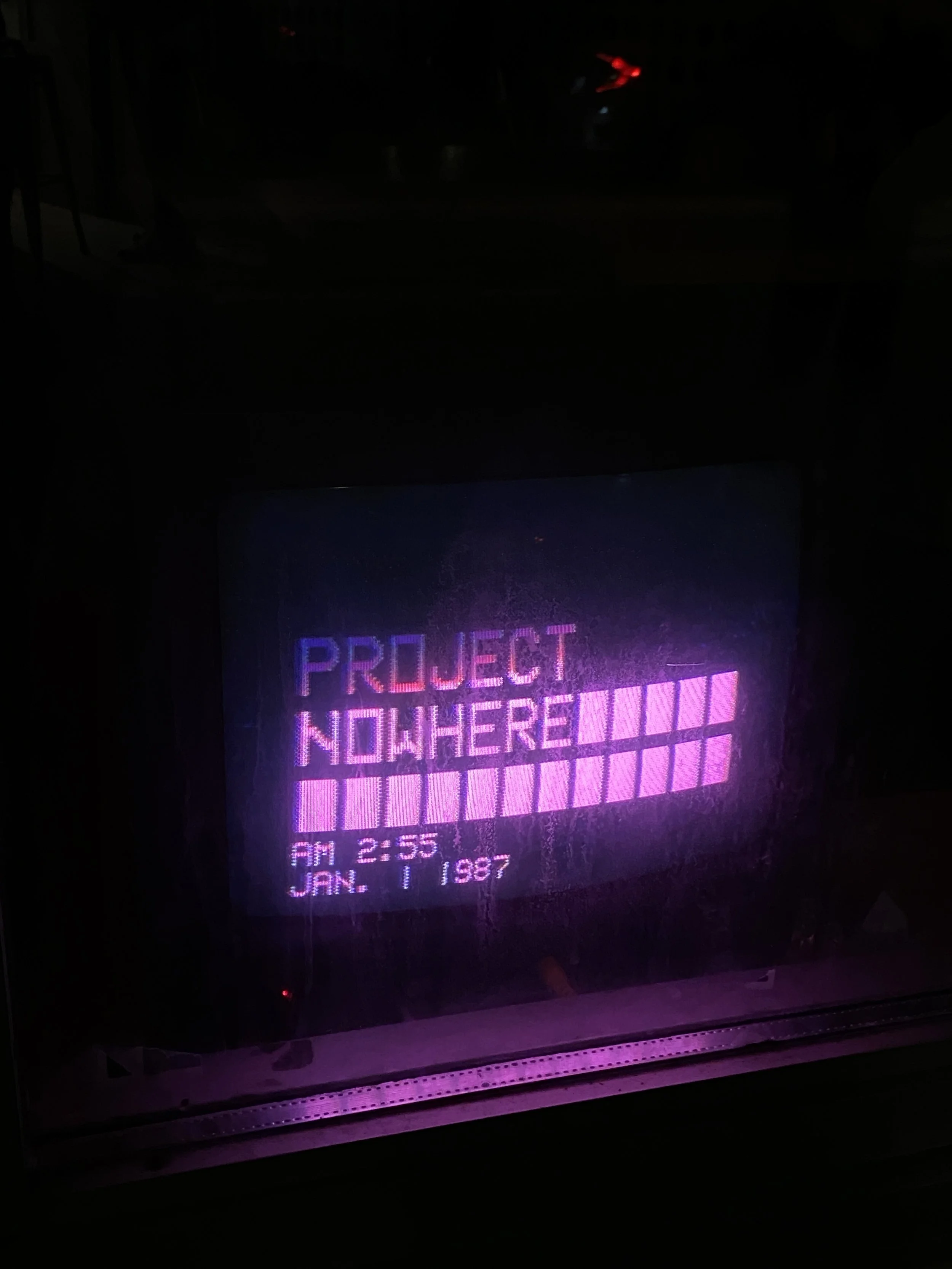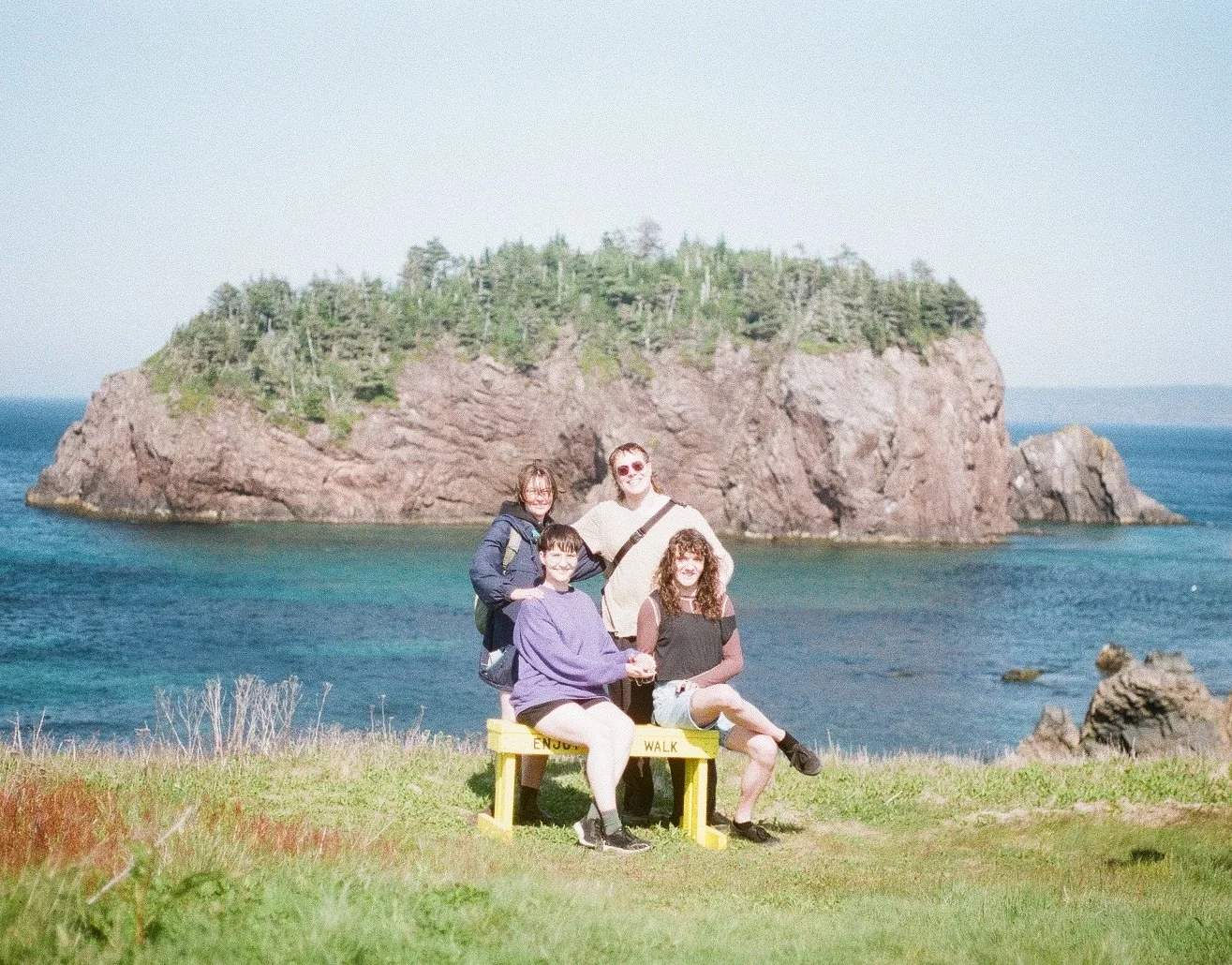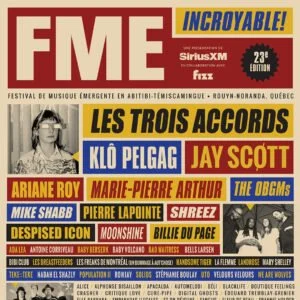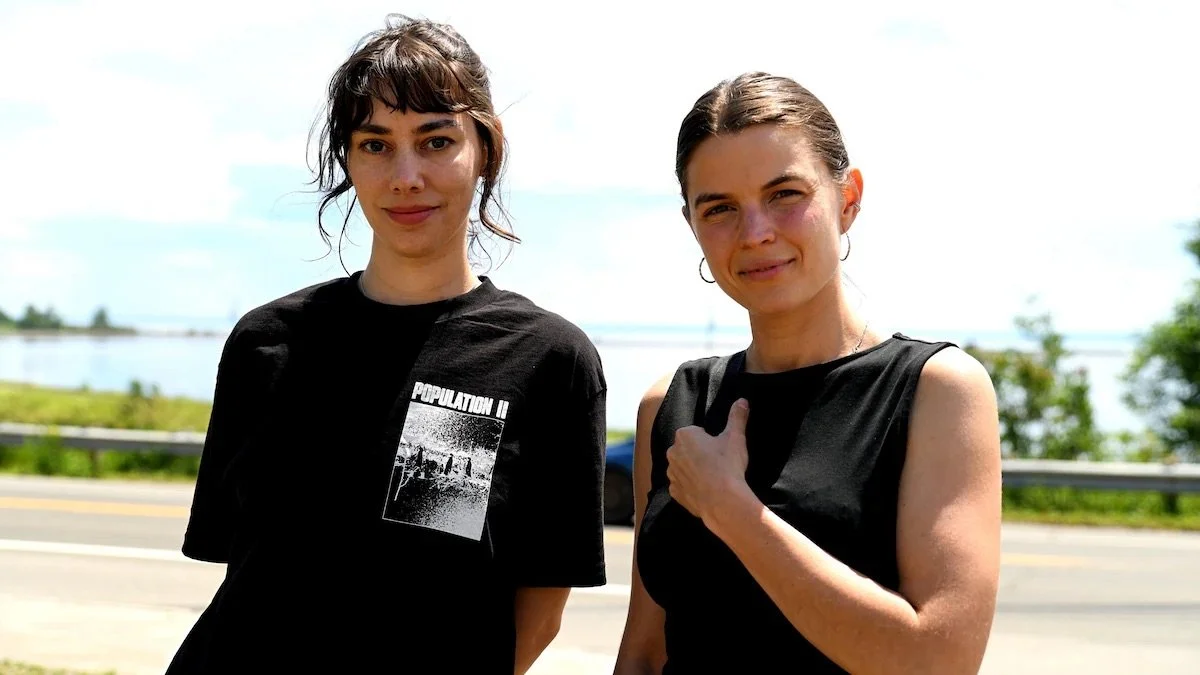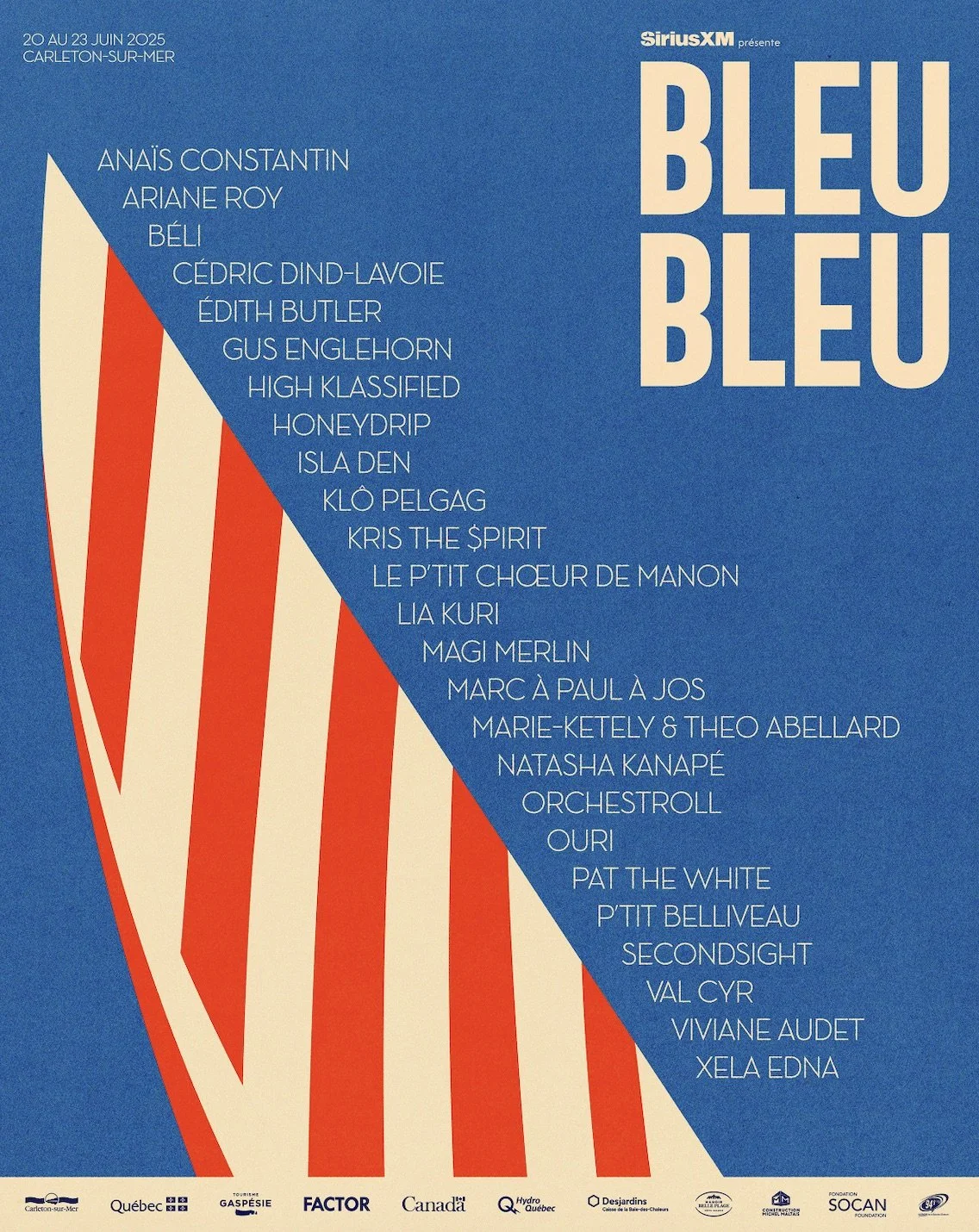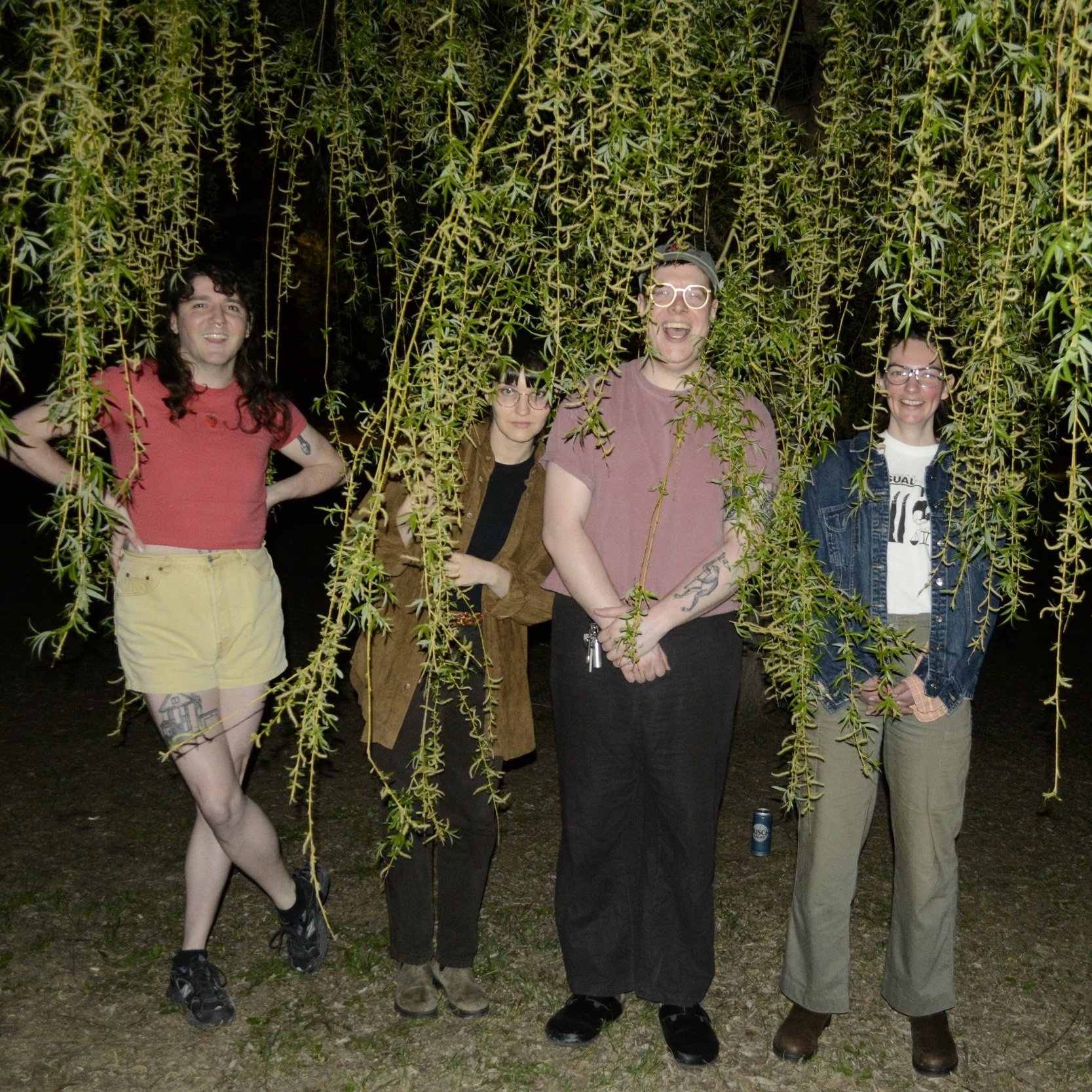L'Impératrice Explore the Cause and Cure For Heartbreak On Dazzling Return "Tako Tsubo"
L’Impératrice, by Gabrielle Riouah
Paris’ grooviest export L’Impératrice are back in full-force with the release of their latest record, Tako Tsubo. The band has kept us (patiently!) on the edge of our seats for a full-length project since their 2019 debut Matahari; building anticipation touring around the world with their bubbling basslines, hypnotic melodies and irresistible danceability.
After three years of internal growth, the band’s return has proven to be worth the wait. Indeed, L’Impératrice’s latest venture is a shimmering think-piece on life’s ever-perplexing phenomenon of broken-heart syndrome, which derived the name Tako Tsubo (meaning “octopus trap” in Japanese).
In thirteen impeccably mastered tracks (graced with the touch of the legendary Neal Pogue, who has worked with the likes of Outkast, Stevie Wonder and Tyler the Creator), L’Impératrice tackles this affliction and it’s many symptoms, from euphoria to emotional burnout and ennui. Impressively, this album offers both a diagnosis and a cure, with full-bodied funk, twinkling vintage accents and a playfulness that dissolves the bitterness of heartbreak’s ache. Read our conversation with L’Impératrice below to get a glimpse into the world of Tako Tsubo, which the band has announced they will take on tour in 2022!
Tako Tsubo (2021) album cover by Ugo Bienvenu
Zoë Argiropulos-Hunter for Also Cool: Hello L'Impératrice! Thank you so much taking the time to chat with me. Congratulations on the release of Tako Tsubo! To start, let's talk about your evolution as a group since your last release, Matahari. What elements of your creative process have solidified or changed over the last three years, and how have these developments in your dynamic influenced this record?
L’Impératrice: We’ve spent most of our time touring in France and abroad over the last three years, which has really impacted our dynamic as a band. First of all, we’ve grown closer to each other; we really grew up as a family. We also got to connect with new cultures and audiences; new waves of receiving our music, and it was very enriching. This time touring made us want to produce music in a different way, without making any compromises… Something more sincere and more close to what we feel we really are.
Also Cool: When comparing your two albums, you could say that Tako Tsubo comes across as more critical than Matahari, which emotionally taps into the lightness of a new romance. What led to the band deciding to tackle the phenomenon of heartbreak in its many forms, and was that enhanced by creating during the pandemic?
L’Impératrice: The album was 90% recorded when the COVID-19 hit, so the pandemic didn’t influence it in a huge way. But, we did write “Submarine” from scratch during lockdown; a love breakup song.
Nothing was really planned while we wrote the album, and we discovered after recording everything that all the songs were about marginality in various forms. The idea of being alienated from society; different from the others, and accepting it, or having a hard time accepting it, in some cases. The album’s title Tako Tsubo, or “broken heart syndrome,” represents this breach in the system, this sudden rupture in the course of things when an emotion is suddenly too intense to be handled. The album really is all about intense emotions.
AC: At the same time, it seems as though Tako Tsubo looks at defying, and also rejecting, societal expectations. How did you incorporate this concept into the sound and feel of your album?
L: The concept can be felt in the lyrics of the songs of course, but also in the sound and the production. Most of the songs have a lot of breaks, brutal key changes and sudden rhythm changes. We always wanted to surprise the listeners and even our own ears, but still keep a coherence in the sound. The idea was that one can never know where the song will go. We made no compromise for this record, so it might sound weird and unusual, but it’s really faithful to what we wanted to express.
L’Impératrice, by Gabrielle Riouah
AC: Speaking of sound, can you tell me more about the production journey of this album and what it was like working with your right hand Renaud Létang along with the legendary Neal Pogue?
L: Renaud really pushed us to bring the songs somewhere else and to create all these breaks within the songs. He’s always focusing on emotions and groove, which are crucial in this record.
Neal was the key person in this new sound we wanted to create. Besides being a living legend, he’s got this very Californian vibe that we’re fascinated with. He’s got this knowledge of low-end production down to a science, which French producers just don’t have. He really brought this physical intensity to the album. You can feel the bass-lines in your belly!
AC: Branching off of that, this album is accompanied by so many amazing visual projects. Satire has played such a big part in illustrating the messages from this album, in the videos for "Peur de filles" and "Fou" especially. How did these hilarious scenes come to life to enhance the lyrical content of their soundtracks?
L: It’s a new field we really wanted to explore with this album, using lyrics and also imagery. We’re really inspired by Michael Franks and his ironic song lyrics. We’ve never appeared in our own videos before, so we decided that it could be funny in a “self-mocking” way to try it out. We can’t appear seriously in a clip lip-syncing and wind in our hair, in a cabriolet… It’s just not the way we are! And that’s not the image we want to show.
AC: I’m also curious to know more about the album cover! What is the story behind the artwork created by Ugo Bienvenu?
L: Ugo is a true genius and we were so excited to have him draw the cover. It’s the first time that an artist has made us an album cover from scratch — we’re so proud! We told him everything about the Tako Tsubo concept and he went further; exploring the myth of the moires, these three divinities holding the strings of humans’ lives, and how this pair of scissors can, in one move, change the course of things...
AC: To end things off, what are your plans for the future and how do you plan to present Tako Tsubo live once it's possible to tour once again?
L: Now that the album is out, we’re doing everything we can to promote it. We’re doing a lot of live sessions from our studio in Paris, meeting our fans every Wednesday night on an Instagram live to talk about one song a week, where we play it and then we show old demos, talk about the writing process, and have some guests that worked on the song with us. We are of course more than ready for the next tour… One thing is for sure: 2022 will be a huge touring year full of live music and love!
L’Impératrice, by Gabrielle Riouah


